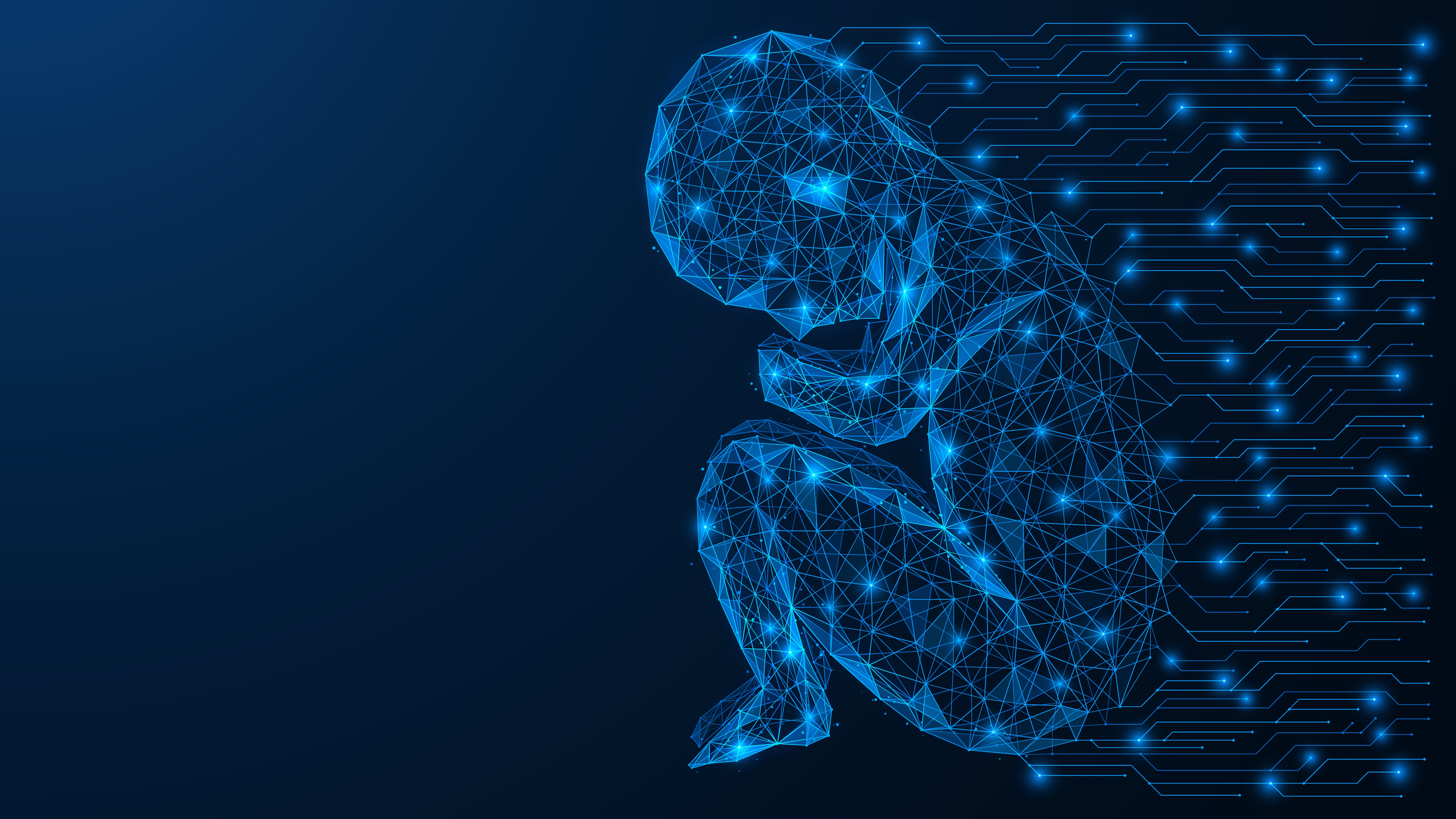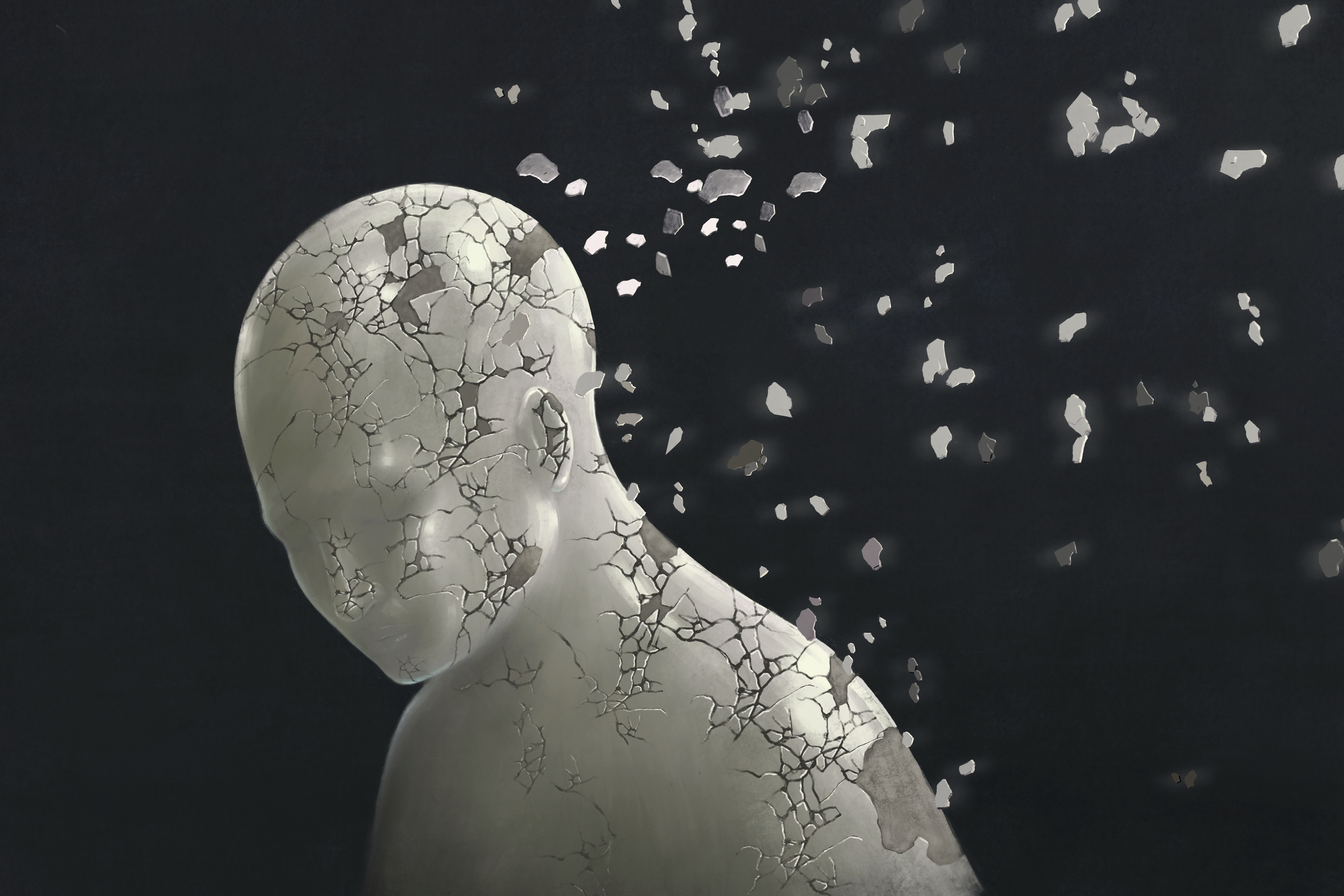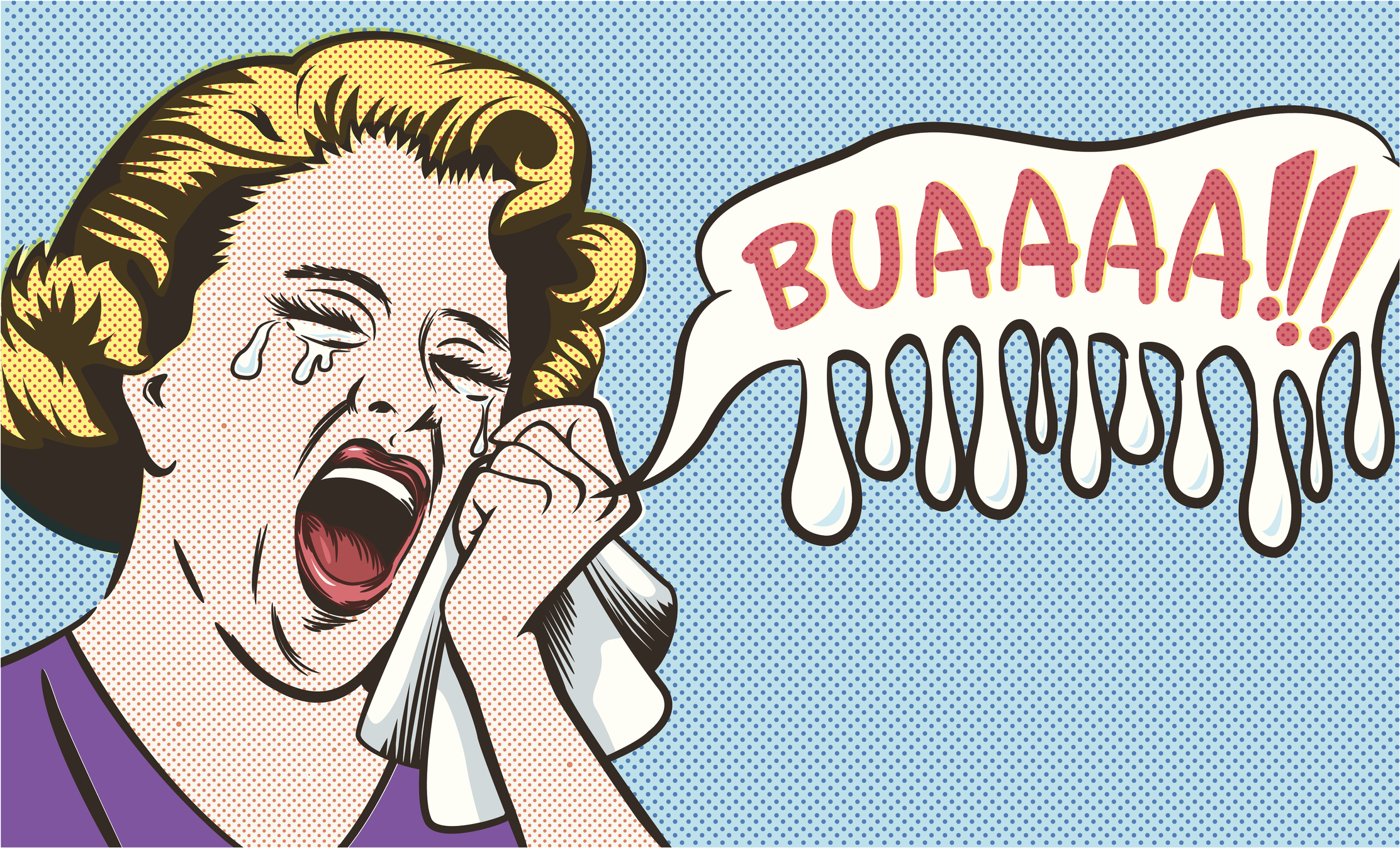Manufacturing and experimenting on embryonic human beings is clearly unethical.
Defining Depression

If the chemical imbalance hypothesis is wrong, we need to reconnect with the source of contentment.
A recent umbrella review of scientific research on depression by Joanna Moncrieff has sparked a controversy by raising questions about the commonly accepted idea that depression is the result of a chemical imbalance. Millions of people have been prescribed antidepressants like Prozac, Zoloft, and Paxil in order to treat their depression chemically, but, according to Moncrieff, “this new research suggests this belief [in chemical imbalance] is not grounded in evidence.” Nevertheless, it was a plausible line relentlessly pushed by pharmaceutical companies to sell their product; the sharp increase in diagnoses of depression in recent years may actually be a function of Big Pharma’s effective marketing strategies.
Many conservative commentators, like Tucker Carlson and Matt Walsh, have emphasized just how serious this issue is. Even though federal and state governments take a strong stand against other mind-altering narcotics, in part because of the damage they can do a person’s body and mind, there has been little to no serious debate regarding antidepressant medications that one in six Americans are taking on a regular basis.
Supporters of the use of antidepressants can’t prove that antidepressants work, but they can muddy the waters by claiming that the issue is complicated and that there are many factors that go into diagnosing and treating depression. This is best shown in the New York Times essay published eleven years ago by Peter Kramer, a medical doctor who has written several books praising antidepressants, who asserts that “Antidepressants work—ordinarily well, on a par with other medications doctors prescribe.” He argues that to suggest otherwise puts patients at risk of bad treatment.
However, as John Horgan explains in Scientific American, Kramer’s argument (and others like it) is short on scientific data, ignores the serious side effects of many antidepressants (which can sometimes make people even more depressed and suicidal), and fails to account for the active placebo effect (i.e., people feel different, so they claim the drugs are working). No doubt, many people will claim that antidepressants “work,” but the science on this issue demonstrates that it’s not the serotonin boost of an antidepressant.
Of course, antidepressants may still factor into treatment for some people’s depression, but they may not be necessary for other people. At the very least, it’s certainly a conversation worth having. People are entitled to know the truth about these drugs and be able to seek other treatments.
However, there’s a deeper philosophical problem at the root of this issue that also merits attention. A problem that if left unaddressed, will likely keep people taking antidepressants despite the new revelations about their efficacy. There’s less shame in taking a pill for depression than in taking ownership of the depression. As John Hirschauer explains in The American Conservative, pushing psychotropic drugs has been part of an aggressive campaign to de-stigmatize mental illnesses. As he aruges, “the primary reason psychiatrists have tried so hard to ground depression in biology is to ‘de-stigmatize’ the condition. If depression is the result of an inherited brain defect, you can’t blame a person for being depressed.”
Furthermore, society has failed to define depression, or its counterpart happiness, for that matter. For some, happiness and depression are feelings; for others, they’re a way of life; for others, they’re a condition; and for others, they’re all illusions. And in our postmodern culture, where everything is subjective, all these definitions are equally valid.
But if this is the case, how does one know whether he’s depressed or happy? Sure, part of this is perception (i.e., he feels like he’s depressed), but part of it is grounded in some kind of reality (i.e., by some official standard, he really is depressed). Without a point of reference, it’s impossible to tell.
In the absence of such knowledge, an individual may resort to drugs because it’s a solution that protects the ego. No one can judge him, not even the doctor or therapist, because no one knows what happiness means for the person in question. By contrast, if a group of people took laxatives to treat their cold, most people could and would judge them because they know what a cold is and that laxatives will not help cure it.
There’s simply no rational accountability in the realm of mental and emotional wellbeing. For all the decades of research and products meant to understand and treat the problem of depression and anxiety, we remain largely clueless about what it is, what causes it, and what the ideal is supposed to be. So much of it is a matter of opinion, not truth.
In order to move finally forward on the problem of sadness, it becomes necessary to establish some kind of foundation for what constitutes happiness. While this is largely a philosophical question, it needs to be answered before invoking the scientific method of creating and testing various remedies for the absence of happiness. Otherwise, treating depression will remain expensive guesswork.
Philosophy professor Jennifer Frey has spent much of her career developing an objective definition of happiness and teaches a course on the subject. In an essay in the recently published book, The New Apologetics, she argues that the key to happiness is adopting and practicing virtue—those good habits that enable one to “excel at human life.” Similar to what Aristotle lays out in his Nicomachan Ethics, Frey claims that “virtues enable us to experience authentic human happiness, understood in terms of fulfillment of our specifically rational abilities—our desire to know the truth, love and pursue the good, and delight in what is beautiful.” Of course, cultivating the virtues isn’t easy, nor is it always pleasant. However, if the goal is “authentic happiness,” then virtue is necessary.
Once society can agree on this definition—and for past millennia, most Western societies did— people can begin to confront the problem head-on. Although diagnoses and remedies would vary with each individual, there would be clear principles to offer guidance and a definite goal to determine success. Furthermore, those who really do suffer from debilitating clinical depression requiring psychotropic interventions could be distinguished from the mass of people who would be better off with a change in diet, an exercise regimen, and a few friends.
As it stands, the problem of depression desperately needs to be reframed, instead of explained away as too complex for any effective solution.
The American Mind presents a range of perspectives. Views are writers’ own and do not necessarily represent those of The Claremont Institute.
The American Mind is a publication of the Claremont Institute, a non-profit 501(c)(3) organization, dedicated to restoring the principles of the American Founding to their rightful, preeminent authority in our national life. Interested in supporting our work? Gifts to the Claremont Institute are tax-deductible.
A troubling trend of social isolation is afflicting young adults globally.
A compelling correlation has troubling implications.
America is in the midst of a nervous breakdown.
The link between tattoos and exhibiting troubling behaviors is growing stronger.
Social media fosters a reduced preference for freedom.






